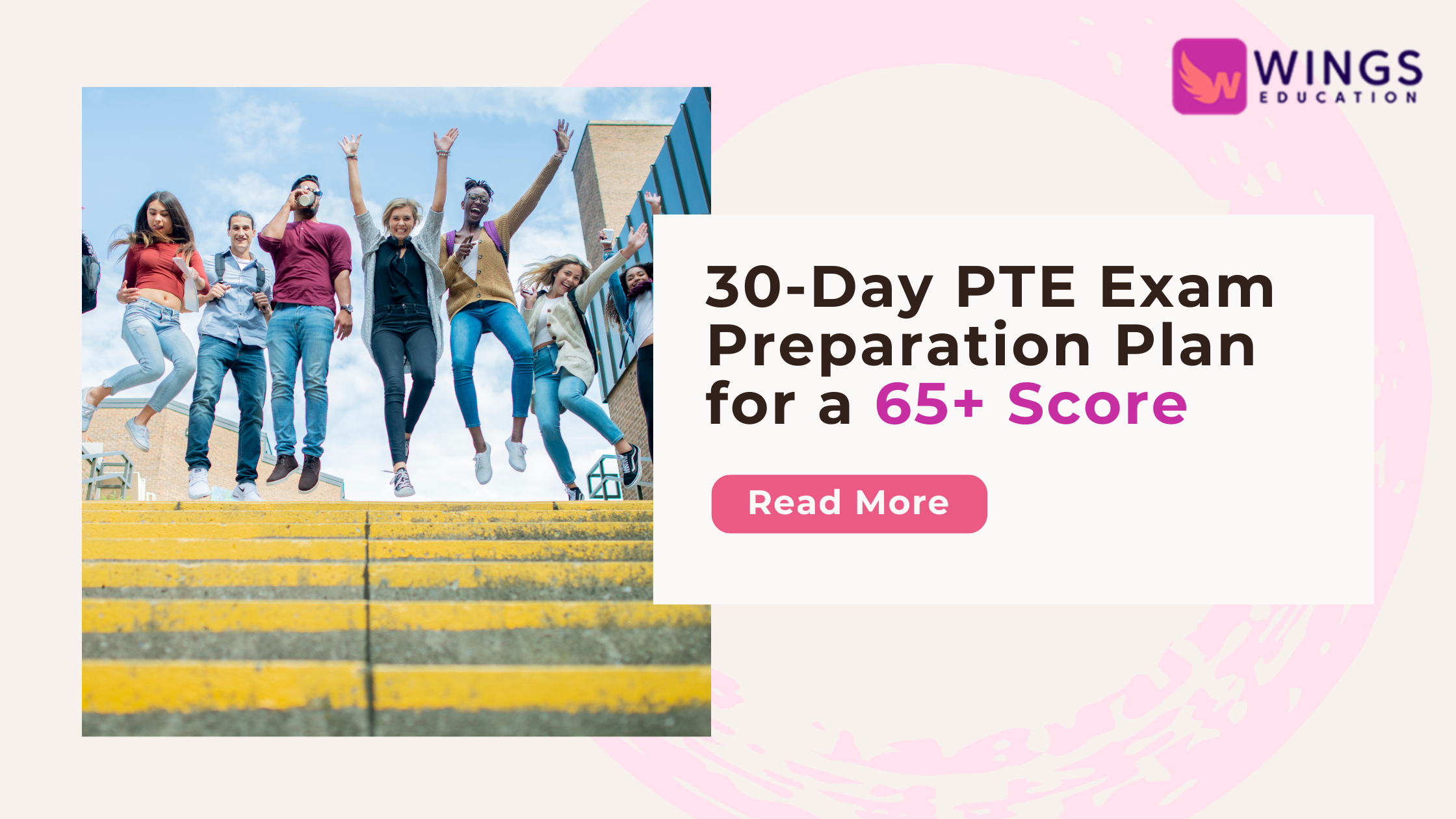IELTS Self-study Plan
IELTS Self-study Plan
In this blog, we will discuss some of the strategies that could be helpful for IELTS test takers. Like any other exam, firstly, you will need to be organized and focussed. Before planning, make sure that you will understand the exam patterns, tasks involved, and scoring systems. Once you have understood the components, the next thing is to find out, what skills will be needed in different components and in the specific tasks. Hence, two things need to be found out and tabled, the components, and tasks involved in the component, and the skill sets required for each task. This sets a good platform for you to effectively plan out your studies. By doing the first step, we will understand our strength and weakness, so more focus can be given on how to overcome the weakness and to improve the strength. Let us discuss each component, skill set required and tips to overcome, so that you could make some effective planning with the IELTS self-study plan.
Speaking:
The IELTS speaking is very interactive that it starts with self-introduction, answering the conversational type of question, and need to speak about the topic. The examiners will look for the fluency and spontaneity, Talk as much as you could in English. Beyond that when you read an article or books, pick the central idea of the topic, and try to speak one or two minutes about it. While doing this two, important skills we would learn, firstly, knowing new words, and most importantly, how to use the different words in a specific context. Furthermore, it will naturally improve our ability to speak fluently without hesitation on any given topics. There are plenty of materials and frequently asked questions available, practicing this will build your confidence, and you could easily play with any topic during the exam day.
Writing
In writing, there are two types of tasks, one is the essay writing, and tasks one is letter writing for ILETS general, or explaining graphs or diagrams for academics. First let us talk about essay writing, while writing an essay, you will need to do brainstorming to pick ideas, make the ideas into sentence structures, and use that to write a whole structured essay. Hence, understand, what you need to improve, because writing an essay involves understanding different types of essay, knowing its structure, which means how to make a good opening statement and end the essay logically, and use wide range of words to make it interesting. Hence, assess your weakness, or the things you need to learn, and work on it with the planned timetable. Most importantly, practice a lot because when you practice a essay of different types, and on different topics, the idea generation in exam, sentence planning to put your ideas and making a logical connection between the lines and paragraphs would be easy in exam.
Reading
In reading, the comprehension is very important. Without knowing how to quickly skim and scan the information they are asking for, reading becomes the difficult. So, you could sperate the reading strategies in four different parts. One is just read any newspapers, articles, and read it mindfully, this would make you as naturally a good leader. Secondly, practice scanning the information, this practice could be done using the exam materials, based on question prompts practice reading tasks and make it as every day habit.
Listening
Finally, listening is predominant skills, to improving listening requires conscious effort. Again, pick formal and informal way of improving it. In formal way, understand the question types, and work on improving the skill, and combined it with informal way of watching documentaries, news, and listen to wide range of topics to increase your confidence.























